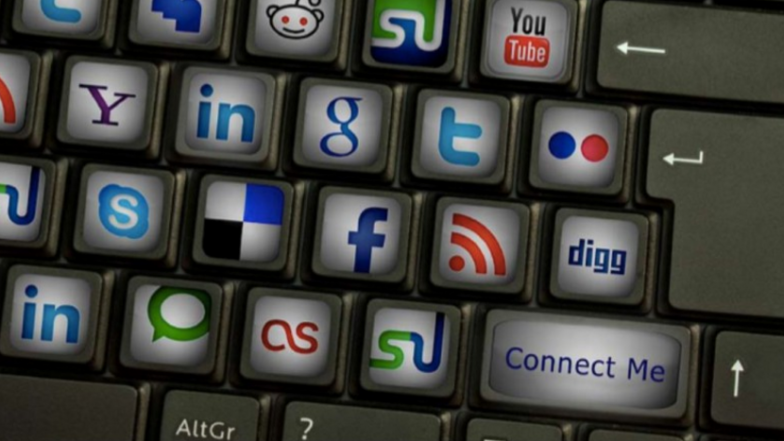Summary
Imagine a ONE Social (Open Networked Education) hands-on interprofessional training in – how to share what works and where to find it – which creates an academically-curated Open Network of Health Hubs for the public.
Join us to develop ONE Social and help answer empirical questions, such as … Can learners among all healthcare fields:
- Improve interprofessional mass health communication competencies?
- Create one common bridge between clinical practice and vetted resources?
- Increase awareness of, access to, and consumer demand for evidence-based practices?
- Lead intercollegiate fitness challenges to improve community health?
OnAir Post: Were you taught to share?

